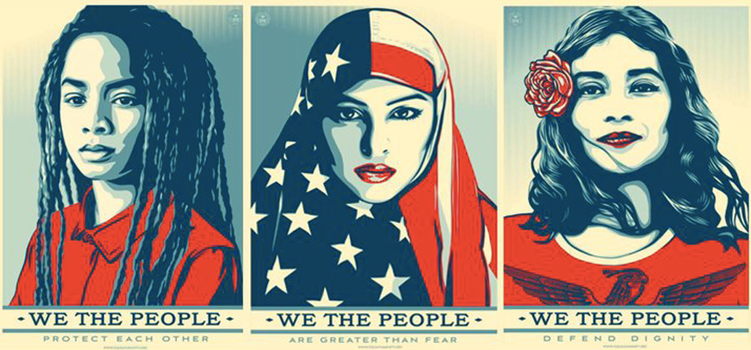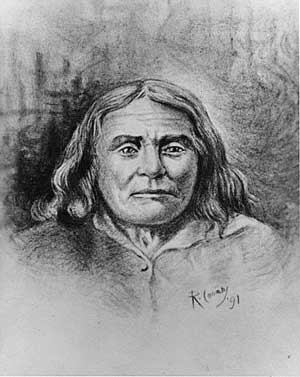|
Please try and research the cartoon for this week's payback. This is the third payback and last. Standard Oil was a very powerful corporation that explains powerful industries in our course. Search and start looking at some of the items included in the links. Remember the last notebook is due May 26th. Please no more late coupons. Mr.C.
3 Comments
Last week we were assigned the two handouts for the Presidents. It has been mentioned three times at least. You are to place the dates near the pictures. An example like [1980-1988] as an examples for which President? Please try to get all of them done. We are looking at May 26th to be the due date for the last personal interactive notebook. If there are scheduling conflicts we can talk as a class. Textbooks will be turned in so you can use 5/11/17 for notes. Best wishes. Send a message if you need help. Mr.C
We will be working on a review for the benchmark. We will take notes and discuss in class this week of the 15th while working on the last notebook. Later a link might be placed on here to practice more at home on your own and check your notes.
We will be watching the years of 1865-1898 from the film we have been watching. The episode is called Sunshine and Shadows. You can begin early with the transcript or check your notes.
The PBS description says: "This episode of NEW YORK: A DOCUMENTARY FILM turns to the period when greed and wealth fueled an expanding metropolis, even as politics and poverty defined it. Program Description Now the spotlight shines on the growth, glamour and grief of New York during America's giddy postwar "Gilded Age." Exploring the incomparable wealth of the robber barons and the unabashed corruption of political leaders, such as Tammany Hall boss William M. Tweed, the episode examines the era when the expansion of wealth and poverty -- and the schism between them -- built to a crescendo. The program ends as the city itself dramatically expands its boundaries, annexing Brooklyn, Queens, the Bronx and Staten Island into a single massive metropolis -- Greater New York" Please pick up the _Pollock v. Farmers Loan & Trust Co. (1) 157 U.S. 429 (1895). If I can post a PDF of the handout today I will add this to the blog. This is the case that Californian born, U.S. Supreme Court Justice Field used to make a total free hand, or laissez-faire ideology/legal argument to ensure Federal and State Government actions are limited. This was and is an economic freedom argument. The 16th Amendment will change the Constitution and rule of law, but many American's today argue the same economic arguments in our circular flow chart we study in class. We have even looked at Citizen's United Case when we studied Andrew Jackson. You will have to decide what the equal protection clause if the 14th Amendment means to you. Please add notes to your notebook. Let us know if you have any questions. Take care. 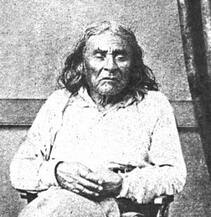 "Humankind has not woven the web of life. We are but one thread within it. Whatever we do to the web, we do to ourselves. All things are bound together. All things connect." -Chief Seattle So there is no real complete version of a speech that Chief Seattle had made around 1854-56. Below are links to the important environmental speech's controversy. Please make sure that you might be able to decide what is the best version based on the historical records. Please choose a version after you researched some links and pair share your choice. Then work on the payback sheet. There are a few types of the speech in the National Archives that describe the actual historical problem. There are other link too. Research this to your best abilities and check your sources. Ultimately the speech speaks to an environmental philosophy that is to protect nature and be part of the earth as humans. If you remember the transcendentalists they were telling us the connections we could make through/from nature can make us feel more alive and connected humanity. "Who owns History? Everyone and no one–which is why the study of the past is a constantly evolving, never-ending journey of discovery.” p. xix
— Eric Foner We have to touch on all these chapters and in the end we need to understand these events are happening simultaneously in a historical context. The moving west begins the topics of Indian wars, The West, Progressive Rights, Civil Rights, Voting Rights, Industrial Revolution changes, and Jim Crow segregation which connections to present day and backlashes to political reforms so we can reach a society based on equality. These link will help you fill in areas where your textbook is lacking in content and depth. Above are readings to ensure you see a larger perspective from Chapters 17-19. Best of luck and do to hesitate to ask for help here or in class. Mr.C
“American’s aren’t wrong in seeing the West as a land of the future, a land in which astonishing things are possible. What they are often wrong about is that there’s no price to be paid for that, that everybody can succeed, or that even what succeeds is necessarily the best for all concerned. The West is much more complicated than that.”
–Richard White The Big Four The Big Four was a group of four American merchants—Leland Stanford, Mark Hopkins, Collis P. Huntington, and Charles Crocker—who created the Central Pacific Railroad company. The Big Four founded the Central Pacific in 1861 and were responsible for building part of the first American transcontinental line. They invested some of their own money in the project but obtained most of the capital from public sources. Stanford represented the company in the West and Huntington in the East. Construction of the rail began in Sacramento, California, in 1863. The Central Pacific met the Union Pacific at Promontory, Utah, in May 1869. After completion of the transcontinental line, the Big Four organized the Southern Pacific Railroad system, which reached south to Arizona in 1877. It was eventually connected with other railroads to serve fifteen states in the West.https://www.gilderlehrman.org/history-by-era/ This will be the final 8th grade interactive personal notebook of the 2016-2017 school year. If you would like to recommend a title please add a title in the comments. Please use your real name and put a title in. Again follow the social contract. Also if others vote for the title that is fine. I thought "The Last Notebook". If you want a different notebook name send a name to the class. Again remember all year you could choose any name that linked to the chapter ideas. We will pull ideas from the Chapter 16-19 for this notebook. Chapter 20 has ideas that we have been working on everyday when we what CNN Student news is reporting and we link to our class standards and current events. Below I would like you to try and add information from these blogs. Further in Chapter 17 there are two timelines that need to be added to the notebook. Also there are two handouts on Presidents. One has 9 the other has all the Presidents. Please place dates of their Presidential terms just above or below each picture. These handouts should be inputs and annotated. Best wishes.
If you want to know even more about the topic we studied this a very long recording of his book. John Roy Lynch was a pivitol historical figure and wrote about his perspective on Reconstruction. For Wednesday's Wayback you should choose between our documents A-D that we began working on before Spring break. Please make sure you also got the notes on the end of the Reconstruction: The Second Civil War. The Lost Cause being accepted history has done a huge disservice to those who fought for the Union and those who tried to create an equal society that followed the Declaration of Independence, US Constitution and Bill of Rights.
|
Philosophie: Salon CenterEveryone of us is living history. We all have a story to tell and the ancestors that came before us that carved a way for us to become a new member of civilization. We also are learning that we are all related genetically and culturally in the family of humanity. All people’s past becomes part of all of us, and will always be completely intertwined with the entire world community.
Author's NOTEFrom time to time we will have some ideas from words that give us wisdom about our world. Writers are some of the most insightful people that understand our modern and ancient world quite well. Feel free to read, think, comment on these ideas. It seems that some of the students would like to debate issues of government, economics, and history. This can be a forum for this idea. Also if you would like to do formal debates in class we need to prepare debate rule and procedures. This can be a start and then we can decide if we will proceed to bring the debates in class on topics we study. Please follow our classroom rules if you decided to write on the blog. Make sure that you ask questions, and be helpful, and mature in all your interactions. This can be a helpful way for you to share what you have learned and what you want to learn, or just share ideas. Also just submit an idea through an email, or web contact, and we can maybe add the idea. Send a picture with the suggestion for the classes. Thank you. Archives
February 2021
Categories
All
Photos above left to right: The Solon, by Raphael was a depiction of the place where ideas were discussed and debated. Greek democracy in the public sphere. Here is the philosopher Seneca talking to Nero-Claudius Cesar Drusus Germanicus [Roman Emperor 54-68 BCE]- about society,law, politics, ethics and morality. Anthem for the doomed!
Class ForumStudents can also decide to add a topic that can be approved and monitored by Mr.C. Please be responsible and follow the social contract. You can share ideas and questions on your now topics about our class. Friends can help each other study with their devices. Please only students, but fell free to share the forum communications with your family. This can be a source for all students.
|
Home |
About |
|
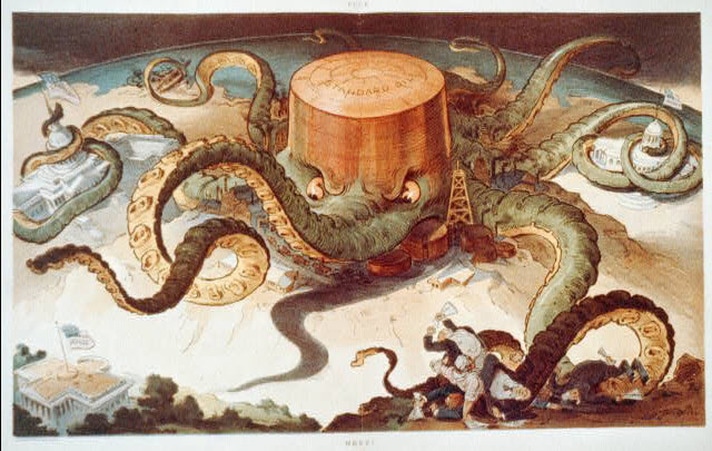
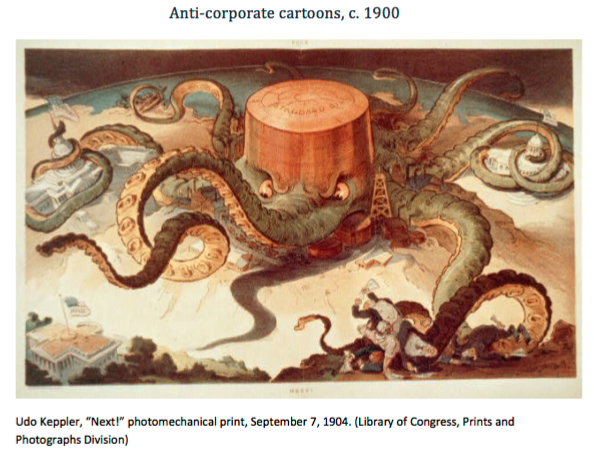
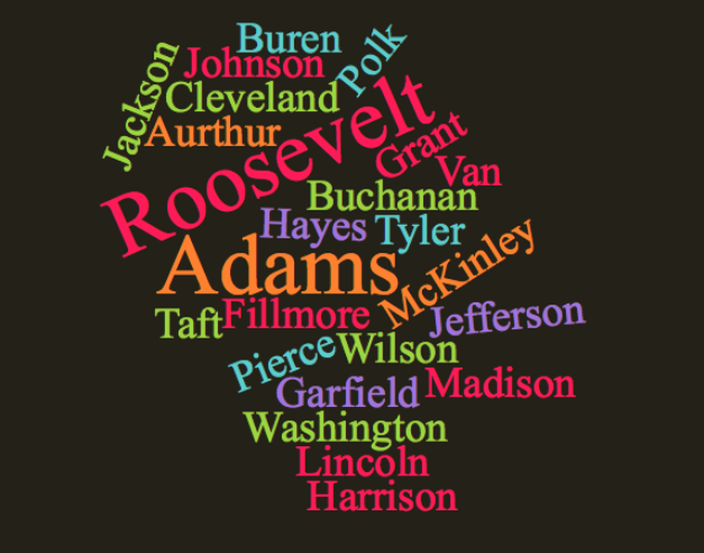
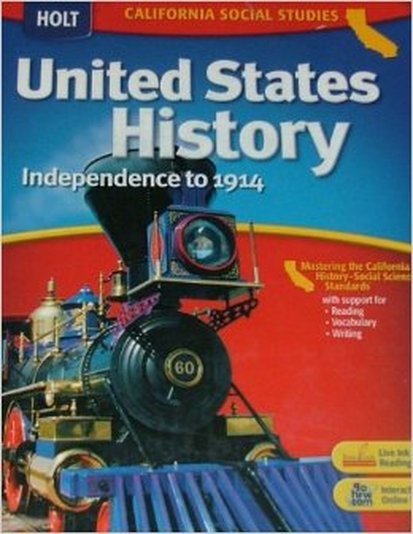
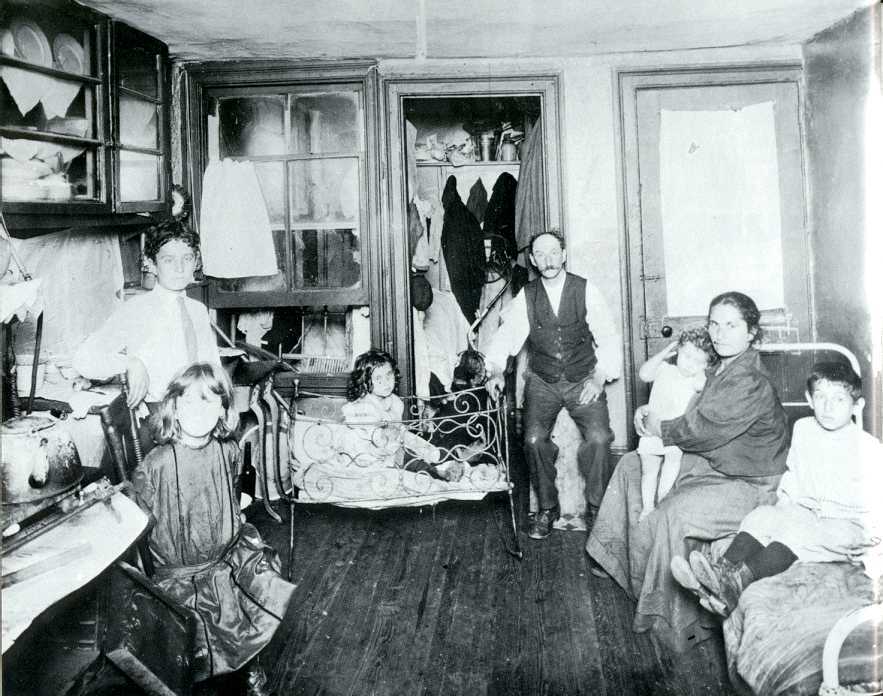
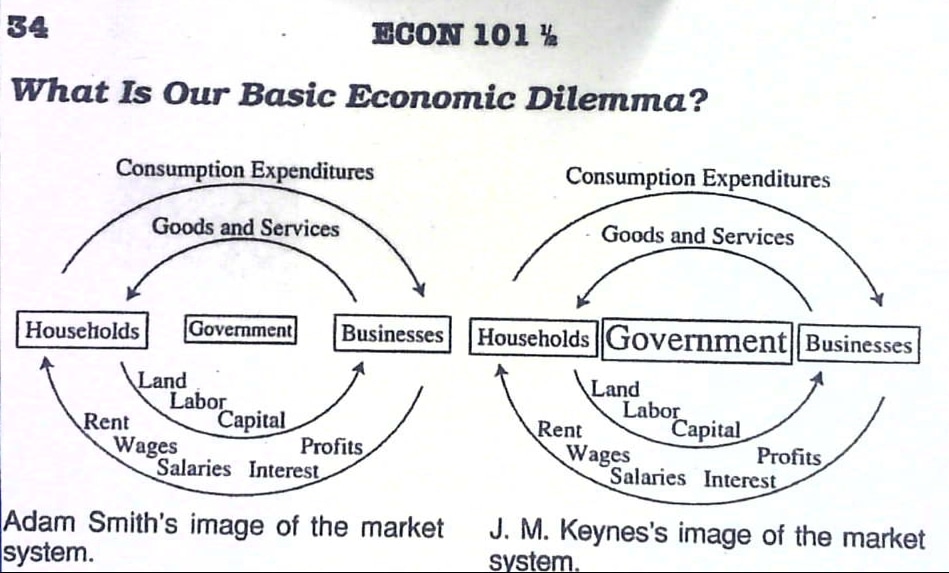
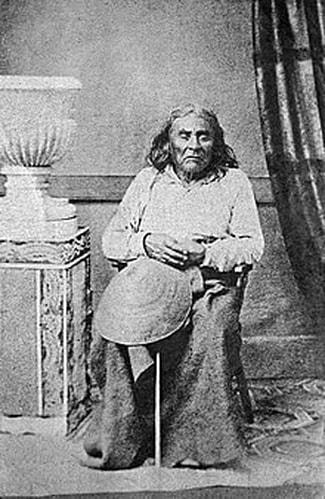
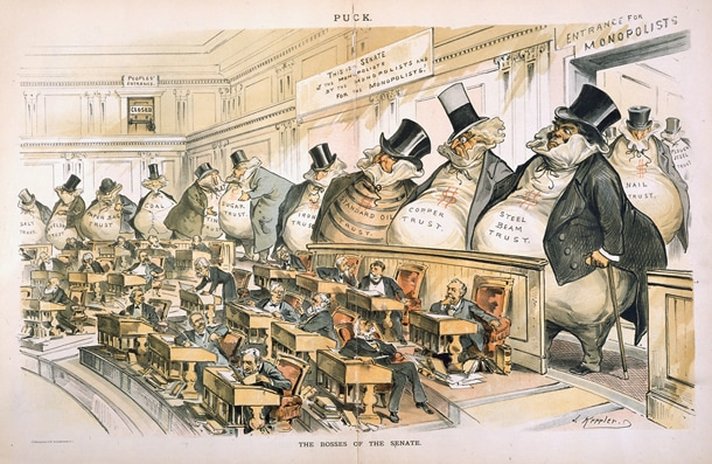
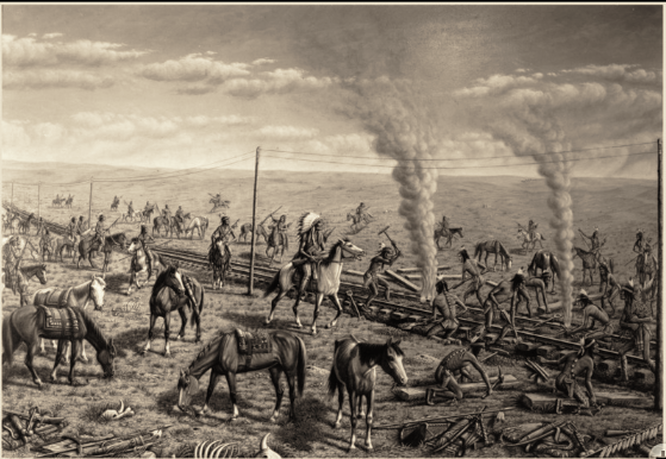
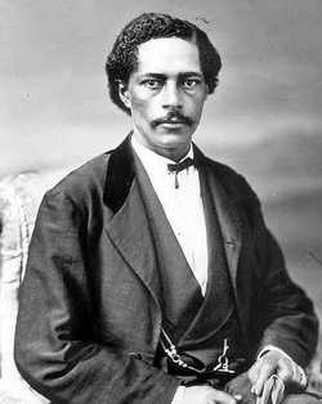
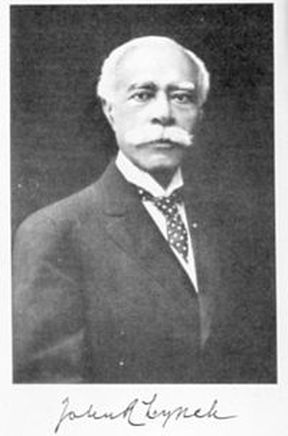
 RSS Feed
RSS Feed
